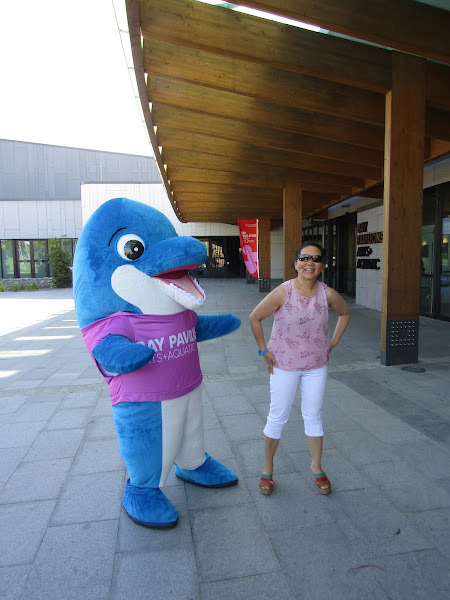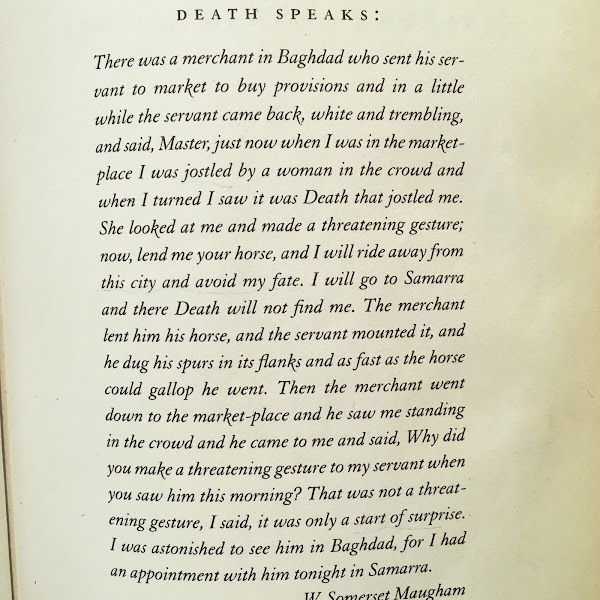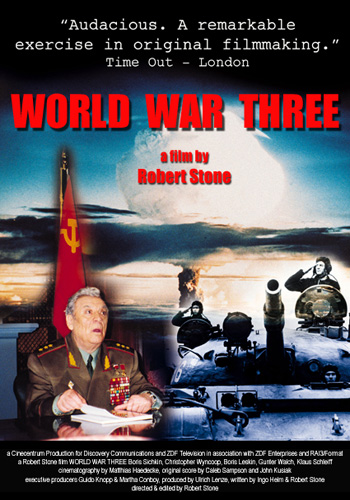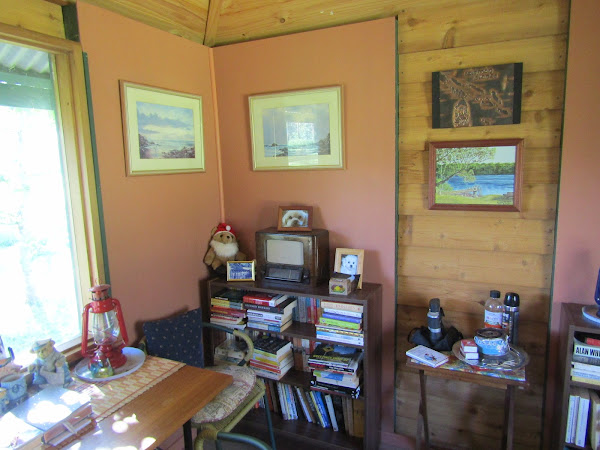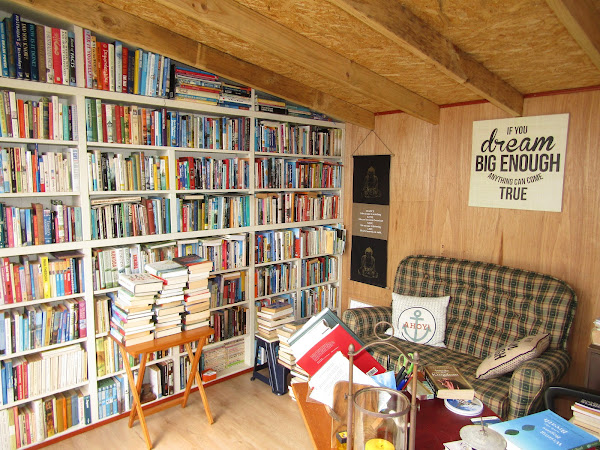There are only trailers on YouTube of the 1969 Australian movie "Age of Consent", but I've just discovered the above full-length recording on www.archive.org. What a wonderful find on a rained-out day like today, and just listen to Peter Sculthorpe's haunting opening score!
The location for Norman Lindsay's semi-autobiographical book is somewhere around Bermagui on New South Wales' South Coast which may not been been 'sexy' enough for the movie which, other than that, follows the book quite closely.
The movie's location is the Great Barrier Reef's pin-up island Dunk. Now well known for its luxurious holiday resorts, it was already made famous in the early 1900s when Australia's own Robert Louis Stevenson - he once took the pen-name 'Rob Krusoe'! - E.J. Banfield left Townsville in 1897 to pursue a simpler existence on Dunk Island.
Banfield was one of the early seekers of an alternative lifestyle when, accompanied by his wife, he settled 'far from the haunts of men' on this then uninhabited island off the coast of northern Queensland.
His legacy are three Australian classics, The Confessions of a Beachcomber, "Further Confessions of a Beachcomber", and his posthumous book, Last Leaves from Dunk Island, which starts with the following introduction:
|
"On the 5th of June, 1923, the small steamer Innisfail was passing between Dunk Island and the coast of northern Queensland, when the captain noticed a figure waving from the island beach. Interpreting the signal as a greeting, he merely waved a response. Then, as the vessel proceeded, the figure on the beach collapsed. At once the Innisfail was stopped and a party went to investigate.
It was in this manner that the world learned of the death of E. J. Banfield, self-styled 'Beachcomber' of Dunk Island, the most renowned literary man of his kind in Australian history, and, perhaps, the most striking naturalist-recluse of modern times. The signaller on the beach was Mrs. Banfield, who had been alone with her dead for three days. So ended a tropic idyll of twenty-five years' duration."
|

"An odd little book that appears out of nowhere ... and once you have read it, you will never go completely back to where you were before. The kind of book you may hesitate to lend for fear you might miss its company."
Which is how I feel about Norman Lindsay's whimsical Age of Consent and, in a more profound way, Edmund J. Banfield's The Confessions of a Beachcomber and Last Leaves from Dunk Island, so don't even ask me to lend them to you.
They've become my own 'age of consent', the life I would've consented to, had I been born into a different world at a different time. All I can do now is read "the kind of book that echoes from the heart of some ancient knowing, and whispers from time's forgotten cave that life may be more than it seems, and less".

Googlemap Riverbend






